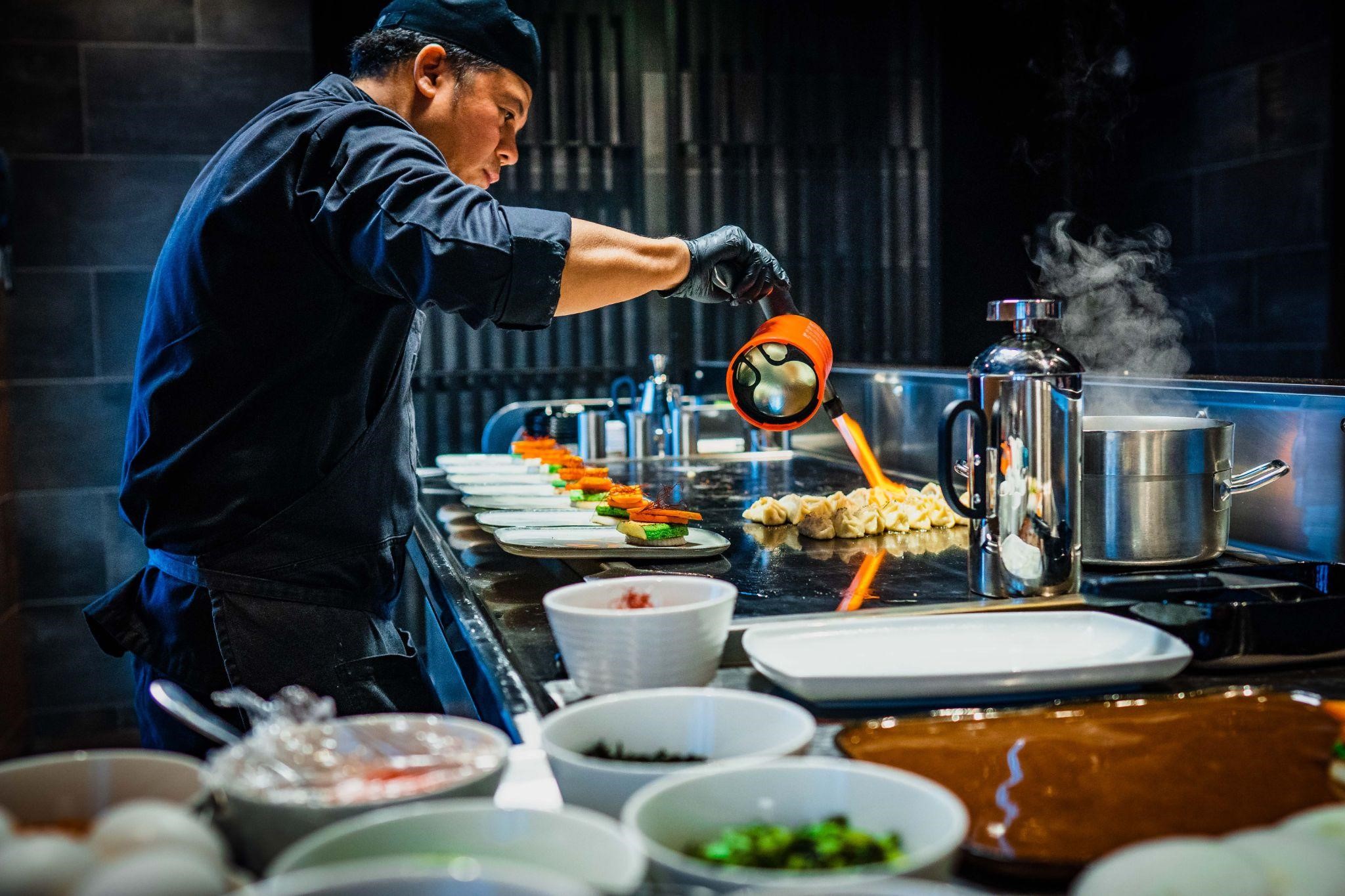How do you describe cooking skills on a resume?

If you’re a job seeker with cooking skills, you may be wondering how to best describe those on your resume. After all, not everyone has experience working in a professional kitchen. However, there are a few methods to present your skills to potential employers that will catch their attention. In this blog post, we’ll share some tips on how to do just that. So if you’re ready to learn more about cooking and resumes, read on!
Listing Cooking Skills on a Resume
When it comes to writing a resume, it is important to effectively communicate your abilities to potential employers. This can be done by:
- Understand the different types of cooking skills that can be included, such as basic like knife skills and recipe development, as well as more advanced techniques like baking and sous vide cooking.
- Be specific and use concrete examples when describing your expertise. Instead of saying you have “good knife skills,” mention specific techniques you are proficient in, like julienning or dicing.
- Make sure to create a designated section for your cooking skills on your resume, and position it prominently, near the top of the page. Utilize bullet points and action verbs to clearly and succinctly describe.
- Create a separate section for your cooking skills and place it near the top of your resume. Use bullet points and action.
- Avoid common mistakes such as using overly general language, failing to include relevant experience or certifications.
- Include any related certifications or training, for instance, a culinary arts degree or food safety certification, to showcase your dedication to the field and your level of expertise.
Types of Cooking Skills to Include
When it comes to describing cooking skills on a resume, it’s important to understand the different types of expertise that can be included. Basic, such as knife skills and recipe development are essential for any cook, while more advanced techniques such as baking, sous vide cooking, and presentation can distinguish you from other job applicants.
Moreover, including any related certifications or training, such as a culinary arts degree or food safety certification, can showcase your dedication to the field and your level of expertise.
For example, if you have a degree in culinary arts, it is important to mention it, as it shows that you have formal education in the field.
Furthermore, if you have experience working in a professional kitchen, you should mention the type of cuisine you have worked with and any specific roles you have held, such as sous chef or line cook. If you have experience with sous vide cooking, it is important to mention it as it is a modern cooking technique that is gaining popularity in the culinary industry.
Similarly, if you have experience in baking, it is important to mention it, as it shows that you have knowledge in the field of pastry. Lastly, if you have experience in presentation, it’s important to mention it, as it shows that you understand the importance of visual appeal in the culinary industry.
Examples and Experience to Highlight Cooking Skills
When describing your cooking skills on a resume, it’s important to be specific and use concrete examples. Instead of simply stating that you have “good knife skills”, you should mention specific techniques that you are proficient in, such as julienning or dicing. Additionally, you should also mention any related experience you possess, such as working in a restaurant kitchen or catering events.
Relevant Technical Skills and Certifications
Having cooking and technical skills is essential in today’s job market. Having relevant cooking skills, such as understanding food safety protocols, basic cooking techniques, and how to work in a professional kitchen setting, can make you more attractive to those looking to hire industry professionals. In addition, having certifications related to culinary arts or any other field of technical expertise can show that you are qualified and knowledgeable in your field. Obtaining certifications not only demonstrates your expertise but also often necessitates ongoing education to keep your qualifications with evolving trends in the industry. By regularly updating your certifications and cooking skills, you can give yourself a competitive advantage when seeking employment in today’s dynamic job market.
Format for Cooking Skills on a Resume
When organizing your cooking skills on a resume, it’s crucial to maintain consistency and make it easy to read. One effective way to achieve this is by creating a separate section for your cooking skills, and positioning it directly under your personal information and summary. Within this section, use bullet points and action verbs such as “trained in,” “experienced in,” or “proficient in,” to effectively describe your expertise, making them clear and concise for the reader.
Common Mistakes when Describing Cooking Skills
It’s also important to avoid common mistakes when describing your cooking skills on a resume. One of the most common mistakes is using overly general or vague language. Another common error is neglecting to mention any related experience or certifications. It’s also vital to abstain from inflating your abilities or making false statements, as it can undermine your credibility.
To sum up, including cooking skills on a resume is a vital step in highlighting your abilities to potential employers. By comprehending the various types that can be listed, providing specific examples and related experience, emphasizing relevant technical skills and certifications, maintaining a consistent and easy-to-read format, and avoiding common errors, you can effectively communicate your level of experience and knowledge to potential employers.
Furthermore, it is essential to include any relevant certifications or training, such as a culinary arts degree or a food safety certification, to demonstrate your commitment to the field and your level of expertise. It’s crucial to be truthful and confident about your expertise as it will increase your chances of being hired in the culinary industry.